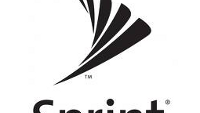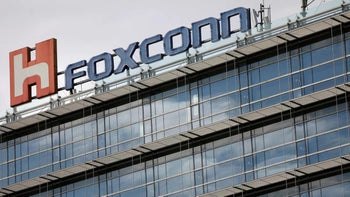Report: Sprint to become "King of data speed"

According to Strategy Analytics, Sprint will soon be "King of data speed". A report issued by the research firm says that the carriers are moving away from network coverage and are focusing on the speed of their respective pipelines. Guang Yang, Strategy Analytics' senior analyst for wireless networks and platforms, says that the TDD spectrum in the 2.5GHz band that Sprint acquired from Clearwire last year, is the key to allowing the nation's third largest carrier to provide its customers with "super high speed data connections."
Last month, Sprint along with Nokia Solutions and Networks tested a single sector of TD-LTE using an aggregated 120MHz of Sprint's TDD 2.5GHz spectrum, and set a TD-LTE speed record of 2.6Gbps. And Sprint says that it owns 150MHz of 2.5GHz spectrum in 90 of the top 100 markets. Yang goes on to add that Sprint plans this year to use 2 x 20MHz carrier aggregation, and 3 x 20MHz aggregation by the end of 2015. The result would be a strong LTE-Advanced network for Sprint.
Strategy Analytics also had kind words to say about the carrier's tri-band LTE service called Sprint Spark. The network works with circuitry on certain phones to figure out which of the three bands is best for a certain task. Using carrier aggregation, the three bands (800 MHz, 1.9 GHz and 2.5 GHz) offer speeds of 50 to 60Mbps and Chairman Dan Hesse has said that the technology could deliver real-world speeds of 150 to 180Mbps. Currently in 14 markets, Sprint Spark is expected to find its way into the top 100 U.S.markets within 3 years.
source: StrategyAnalytics via FierceWireless
Pointing to lower band spectrum owned by Verizon and AT&T, Sprint asked the FCC to devise a "weighted wireless broadband spectrum screen" that would come into play when the government auctions off spectrum. Sprint wants the FCC to give competitive advantages to spectrum under 1GHz. Both AT&T and Verizon responded with statements that accuse Sprint of excluding its 2.5GHz TDD spectrum from this category so that it can bid for more spectrum at the upcoming 600MHz auction, while making it difficult for the top two carriers to effect a winning bid.
Strategy Analytics also had kind words to say about the carrier's tri-band LTE service called Sprint Spark. The network works with circuitry on certain phones to figure out which of the three bands is best for a certain task. Using carrier aggregation, the three bands (800 MHz, 1.9 GHz and 2.5 GHz) offer speeds of 50 to 60Mbps and Chairman Dan Hesse has said that the technology could deliver real-world speeds of 150 to 180Mbps. Currently in 14 markets, Sprint Spark is expected to find its way into the top 100 U.S.markets within 3 years.
source: StrategyAnalytics via FierceWireless










Things that are NOT allowed: